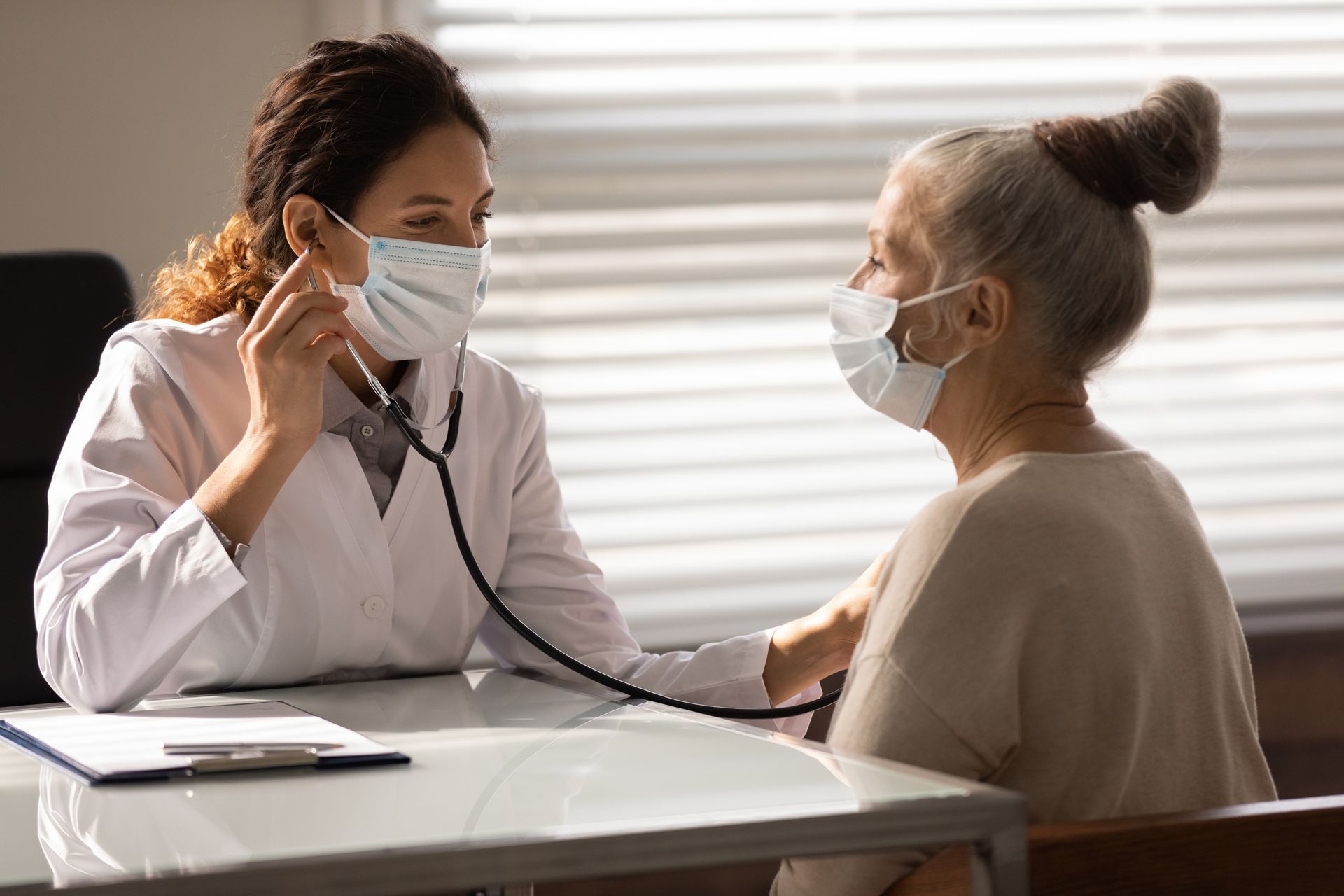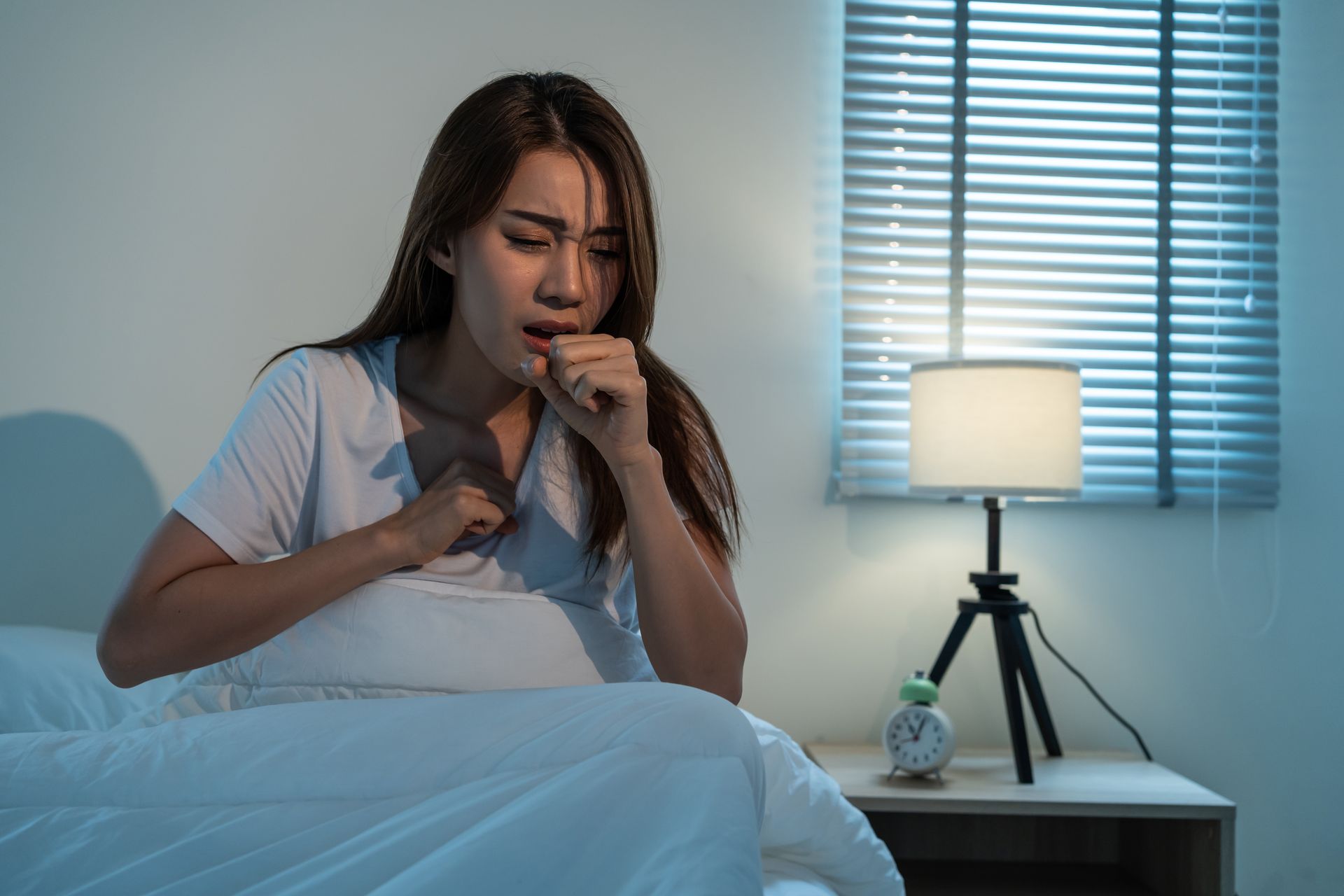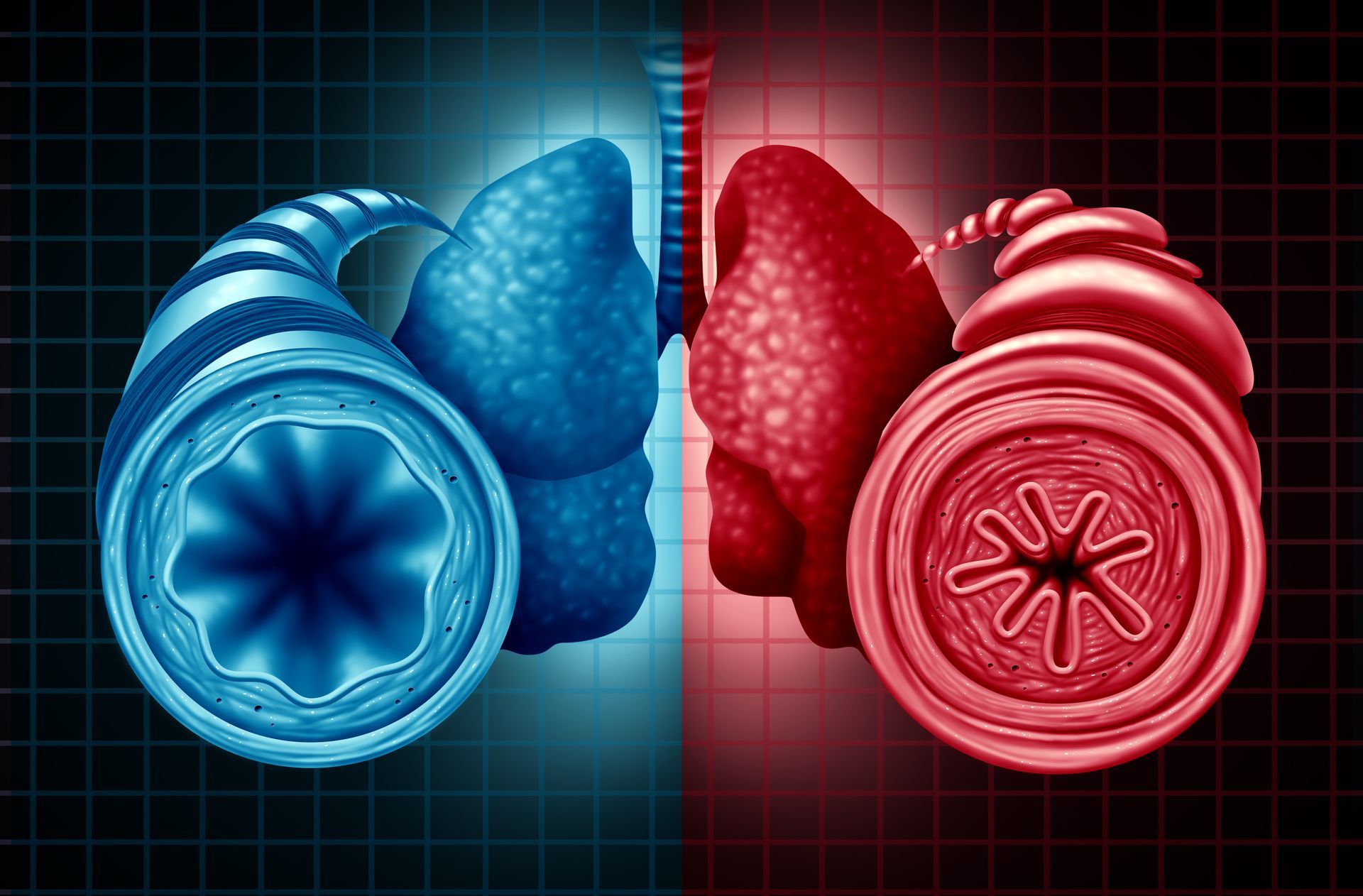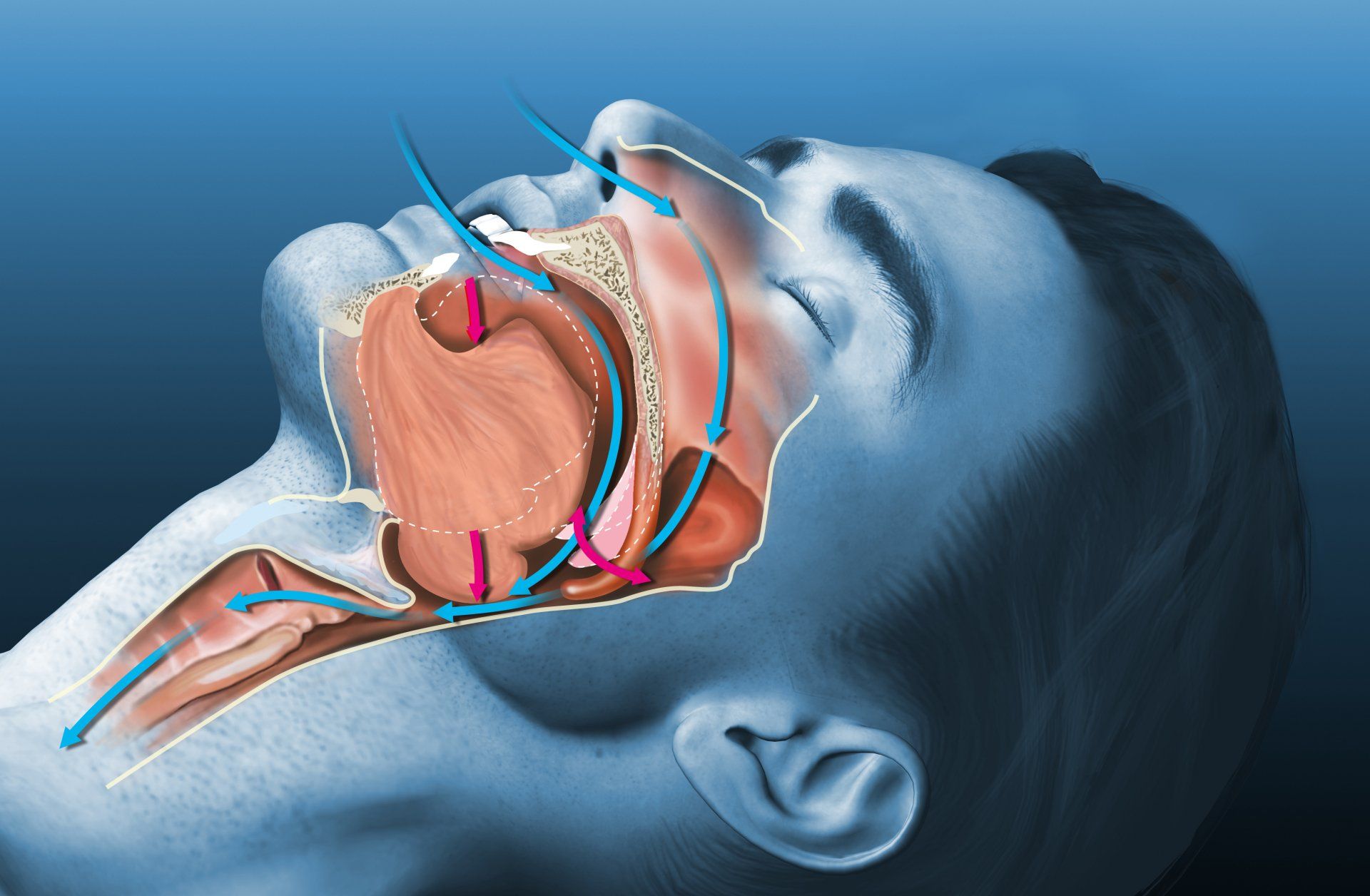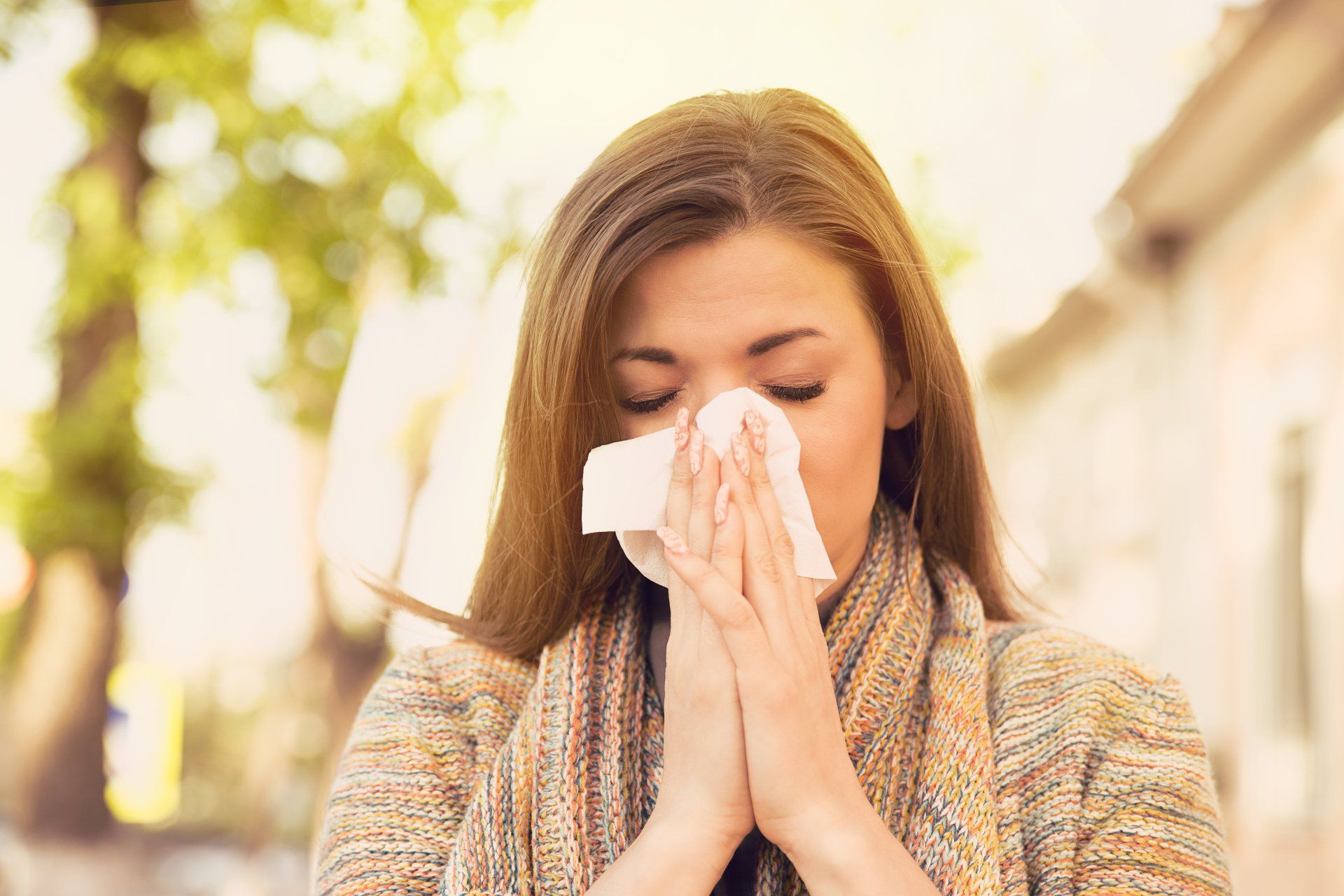All To Know About Pneumococcal Vaccine - Children And Adults
If you are thinking of getting yourself or children vaccinated for protection from the different viruses, then it is recommended to consider getting the Pneumococcal vaccine as well. With this vaccine, you are able to protect you and your loved ones from severe illness.
Unsure about what a Pneumococcal vaccine is? Let’s take a closer look at how this vaccine can protect you and when you should be getting it.
What is a pneumococcal vaccine?
There are two types of pneumococcal vaccines available, and both can help prevent pneumococcal disease:
- Pneumococcal Conjugate Vaccine (PCV13): protects against 13 pneumococcal bacteria strains that are the most common cause of pneumococcal illness.
- Pneumococcal Polysaccharide Vaccine (PPSV23): protects against 23 pneumococcal bacteria strains that cause pneumococcal illness.
These vaccines are important as they are capable of protecting children and adults from many different types of pneumococcal bacteria that can lead to life-threatening infections.
What are pneumococcal diseases
Streptococcus pneumoniae, a bacteria that can affect several body organs, is the cause of pneumococcal disease. These bacteria can cause diseases and infections such as:
- Sepsis when they enter the bloodstream
- Meningitis when they enter the brain's lining
- Pneumonia when they enter the lungs
Hospitalisation is frequently necessary for certain severe infections, which can have fatal outcomes.
Besides that, the bacteria can also lead to less severe common illnesses such as sinusitis and middle ear infections (otitis media).
Pneumococcal illness can affect anyone. However, some demographics are more vulnerable than others, such as:
- Children below the age of 2 years old
- Adults over the age of 65 years old
- Individuals with certain health conditions (including chronic heart disease, lung disease, kidney or liver disease, and diabetes)
This is why getting the pneumococcal vaccine is crucial in protecting those who are vulnerable.
Timing of vaccination
PCV13 should be administered to all newborns twice at 4 and 6 months, with a booster shot at 12 months. Catch-up vaccinations up to 59 months should be administered to children who fall behind.
One dosage of PCV13 and one dose of PPSV23 are advised for seniors 65 years and older to ensure lifetime protection.
Vaccination for pregnant women
Due to the uncertain effects on the foetus, pneumococcal vaccinations should generally be postponed during pregnancy. It has not been determined whether the pneumococcal polysaccharide vaccine is safe during the first trimester of pregnancy. However, there have been no reported adverse effects on newborns whose mothers were unintentionally vaccinated during pregnancy or given the vaccine as part of clinical trials.
The benefit of increased maternal antibody transmission through the cord and breast milk as opposed to through breast milk alone is also unknown, making it difficult to determine whether getting vaccinated while pregnant is a preferable option compared to getting vaccinated postpartum.
After carefully assessing the risks and benefits, pregnant women with underlying medical disorders who are eligible for the PPV23 vaccine may be vaccinated. But, women at risk should receive vaccinations before getting pregnant.
Who Should Receive The Flu Shot?
A yearly flu shot is advised for everyone six months and older, with rare exceptions. Everybody has to have the appropriate vaccination and dose for their age.
Standard-dose inactivated influenza vaccines are offered to those as young as six months old. Only adults are eligible to receive certain immunizations. For instance, adjuvanted and high-dose inactivated vaccinations are approved for those 65 and older. On the other hand, the recombinant flu vaccine is recommended for those 18 and older.
Pregnant women and those with certain chronic medical conditions are eligible for the flu vaccination.
Those who are ineligible for the flu shot include:
- Babies younger than six months old
- Individuals who are severely allergic to any ingredient in a flu vaccine (other than egg proteins). This could include gelatin, antibiotics, or other substances.
- Individuals who had a severe allergic reaction to a dosage of the influenza vaccine
If you are still unsure about getting vaccinated, consult your doctor and talk to them about the concerns that you may have. This will help give you peace of mind when getting vaccinated.
Looking for lung screening in Singapore? Get specialist care at Respiratory Medical Associates
Respiratory Medical Associates is an established specialist group that is recognised as one of Singapore’s leading experts in the diagnosis and treatment of lung, sleep, and allergy disorders. These can range from persistent coughs, spots on the chest X-ray to lung infections such as bronchitis, pneumonia, and tuberculosis.
In addition, we also treat chronic disorders such as asthma, chronic obstructive pulmonary disease (a lung disease caused by smoking), lung fibrosis, obstructive sleep apnoea, as well as food and drug allergy. Enquire now at https://www.respmed-associates.sg/







